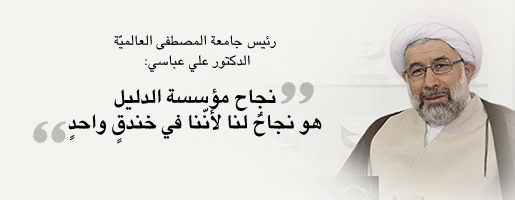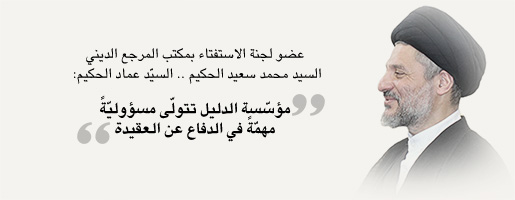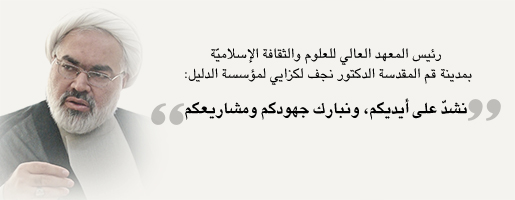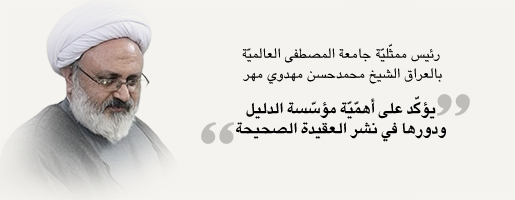

















Hazem Abdul-Jabbar Hassan
Abstract
The article shows the actual influence in Kant's critical philosophy; the philosophy that has excluded theoretical reason from the domination in divine knowledge. The article is a close look on that which has been implied in the terms that Kant had made use of in his books. The article would take readers to the environment and circumstances in which Kant lived and was influenced by; to find that the life he lived there carried a special ideology which formed his scientific and practical personality. So, we discuss the pietist background, which was an essential part of Kant's upbringing, and had a significant impact on the course of his thought and development. Those atmospheres carried a certain religious doctrine, seeing no way for reason to believe in the Divine Existence; rather it saw that the knowledge of God Almighty would be due to other than theoretical reason. It is the heart, tradition, and innate nature. Thus, during childhood, Kant had wholly engaged in such a pietist belief from morning to evening for many many years. Therefore, it is indisputable that this upbringing has its profound impact on Kant's way of thinking, on the formation of his philosophy in general, and on ethics in particular.
